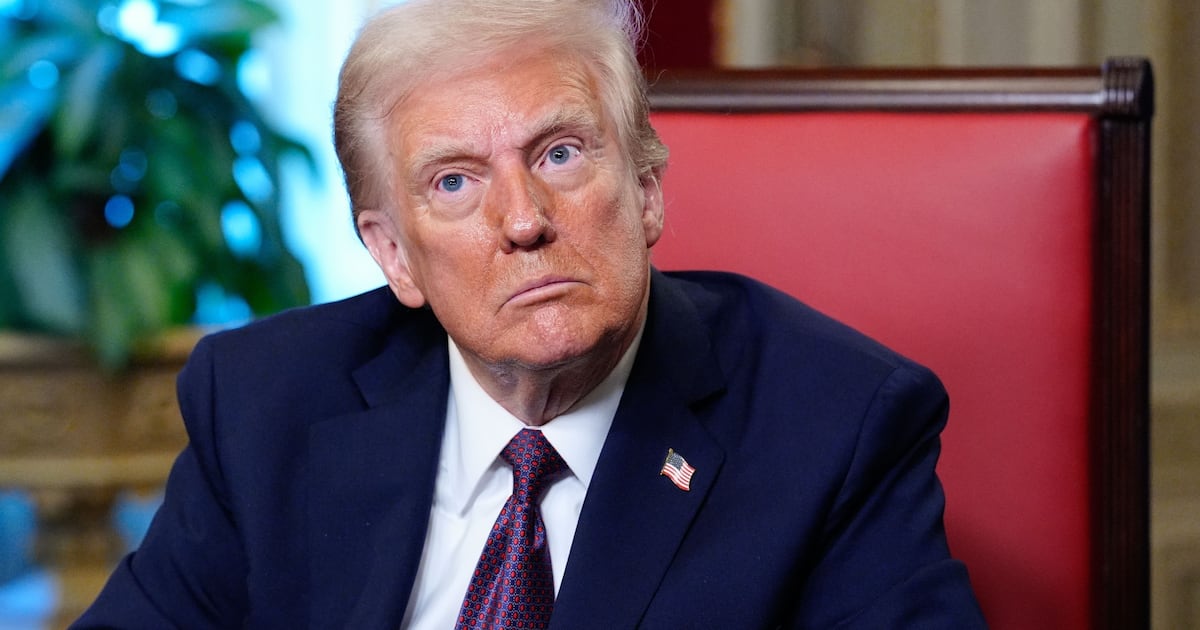Diversity Crackdown: Trump's Bold Move to Dismantle Corporate Inclusion Policies

In a bold move that has sparked widespread debate, the recently inaugurated US president has taken decisive action against diversity, equity, and inclusion (DEI) initiatives. Signing a series of executive orders, the president has signaled a significant shift in approach to workplace diversity and corporate social responsibility.
The new directives call for comprehensive investigations into businesses' DEI programs, potentially marking a dramatic reversal of previous diversity-focused policies. These orders aim to scrutinize existing diversity efforts and potentially dismantle programs that have been integral to many corporate cultures in recent years.
The sweeping executive actions have already drawn sharp reactions from civil rights advocates, business leaders, and political commentators. Critics argue that the move could undermine years of progress in creating more inclusive workplace environments, while supporters claim it addresses what they see as overreach in diversity programming.
As the implications of these orders begin to unfold, many organizations are now carefully reassessing their existing diversity and inclusion strategies, uncertain of how these new directives will ultimately impact their workplace policies and practices.

